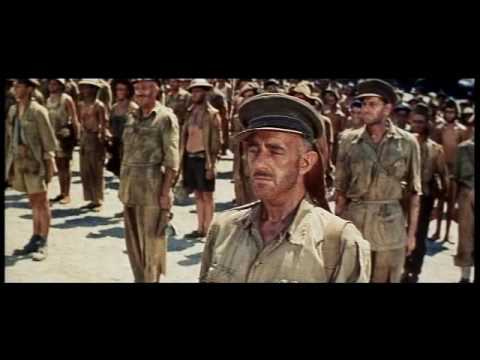Drama, I’ve long told my students, is a shy bird in literary history. It has its brief seasons of breathtaking glory, as in ancient Athens during the age of the great tragedians Aeschylus, Sophocles, and Euripides, and as in Europe, especially England, during the late Renaissance, when you have a fellow named Shakespeare, so brilliant that we tend to u…
Keep reading with a 7-day free trial
Subscribe to Word & Song by Anthony Esolen to keep reading this post and get 7 days of free access to the full post archives.



